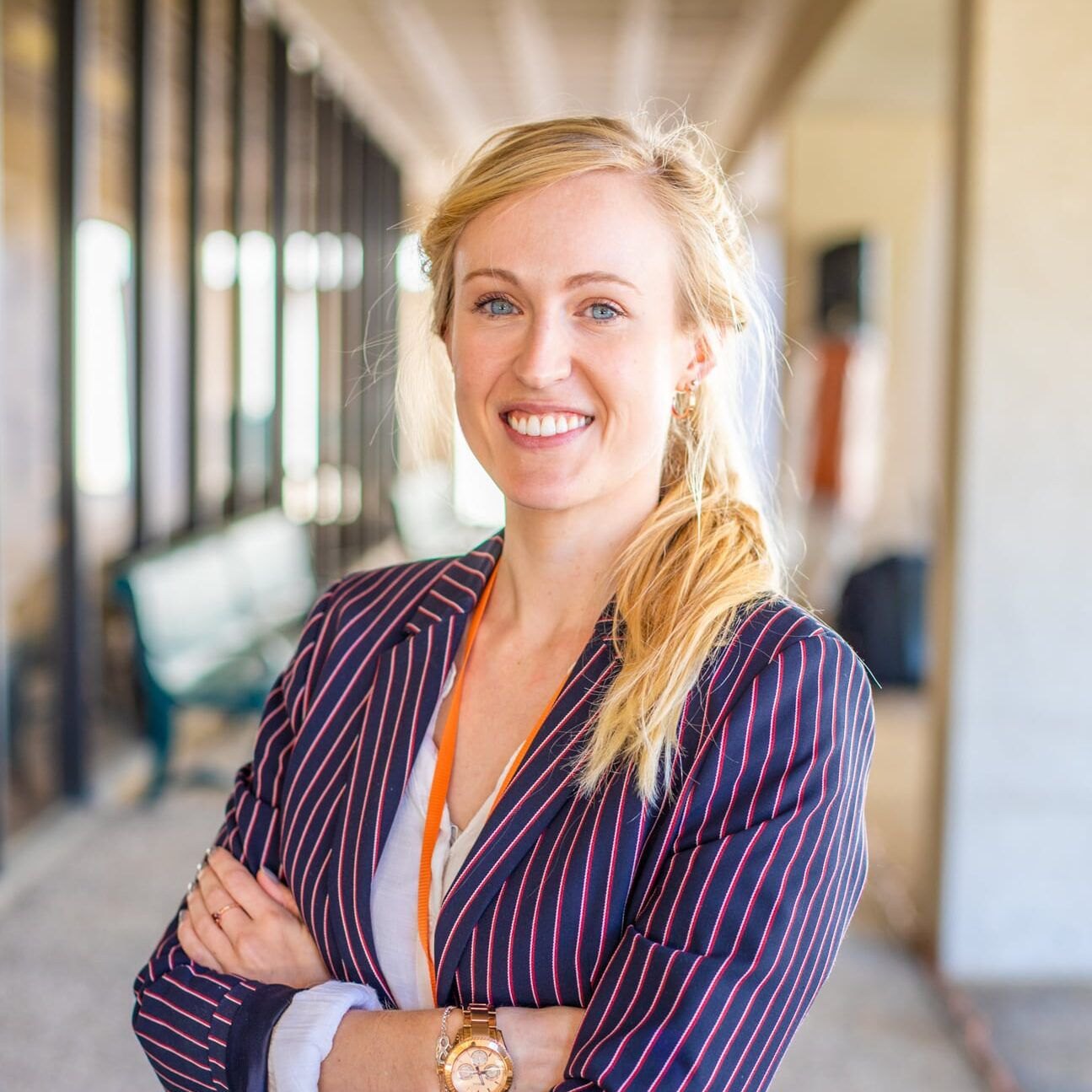
Is propaganda different in wartime? How do you think Russia uses it, and do you see China or other authoritarian states involved in this?
The most important thing to remember is that information warfare—manipulation through information—is a long-term strategy. What changes in wartime is the activation of certain pre-established triggers.
For example, Russia effectively spreads propaganda through messaging apps like Telegram. In the United States, Telegram is a minor and uninfluential platform (not a source of information—LB.ua). That is why it is crucial to build an infrastructure that can be activated when a war breaks out or a major event approaches. Propaganda needs distribution channels—both real and fake—through news outlets and online groups. The same applies to content and narratives.
Narratives are cultivated over long periods so they can later be deployed in new contexts, such as wartime. They circulate for years, making them familiar to audiences. As a result, when people encounter them again, they do not seem suspicious. This lack of immediate alarm allows the narratives to be repurposed for wartime objectives.
I believe these two strategies—building infrastructure and embedding narratives—are the most crucial in wartime.

Russia has clearly done this, particularly by actively using messaging apps to spread information. Even Viber, which was not previously prominent in this context, has become increasingly aggressive.
Who should be primarily responsible for countering these risks and combating propaganda in times of war? Is it enough to address these challenges at the media level? In Ukraine and Moldova, specially created centres work to counter disinformation. Do you think this is sufficient?
I appreciate the way you framed this question. I always emphasise that the media and journalists play an integral role in this fight because the information war is happening within the information space, right? To counter propaganda and disinformation, we need a high-quality information environment.
However, media and journalists cannot tackle this alone. Relying solely on them places them in a position they are neither prepared for nor equipped to handle. The challenges they face in this fight are beyond what they can overcome on their own.
Cross-sectoral cooperation is essential. Politicians and governments must take a significant role, as we discussed at this conference (during the Chișinău Security Forum—LB.ua). For example, it is crucial for diplomats within the European Union, individual countries, and NATO to meet regularly and share experiences—such as lessons from Moldova’s recent elections and Russia’s information interference and sabotage.
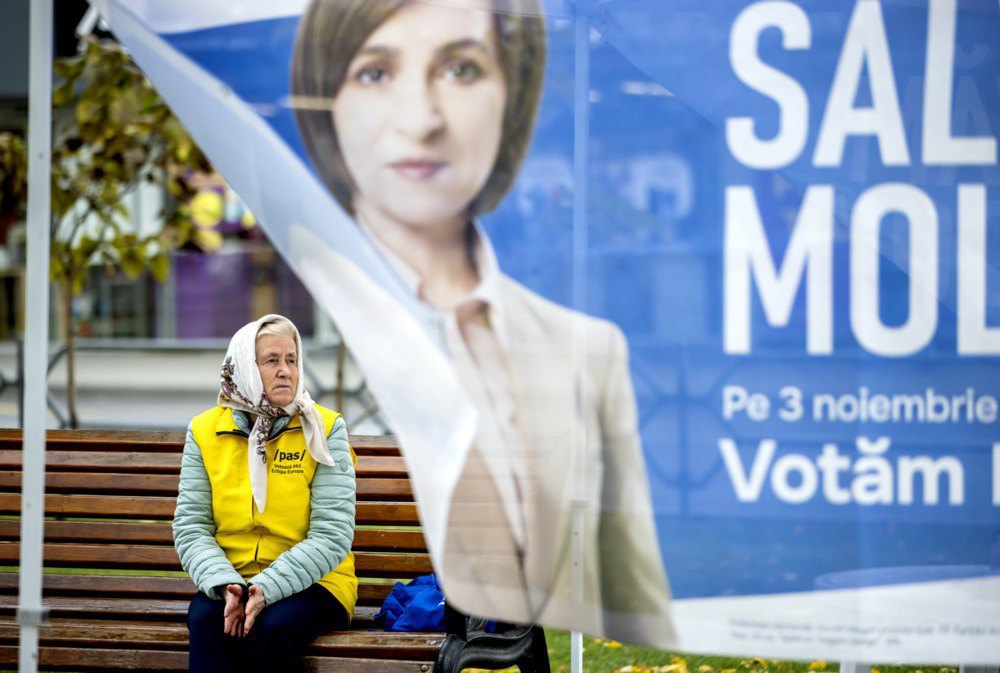
I hope that when I attend a similar conference in two years, I will already know what conclusions have been drawn from it. I do not want to hear an official say, for example, “Oh, we can’t believe this has happened!”
There is another, third aspect, which I believe creates a certain conflict: information interference does not occur on an Internet created by Russia. It happens on the World Wide Web, which is dominated by large companies and social networks, such as Facebook (owned by Meta) or Telegram—an app that has made its owner extremely wealthy while also causing significant harm worldwide.
This is another area where politicians should take a more active role—not just in establishing rules but also in ensuring accountability and international cooperation. The goal should be to make it harder for those who profit from the spread of information in the online space to continue doing so without consequences.
When analysing the substance of this issue, we often focus on narratives. But, for example, “Great Russia” and the “Great Patriotic War” belong to a different category than political accusations or aggressive rhetoric on everyday topics. So, we are dealing with different levels of narratives. Usually, strategic narratives are disseminated through the official diplomatic channels of the Russian Federation. In such cases, fact-checking becomes irrelevant because the narrative is presented by an authorised official, who is then quoted by the media as an official source—even though he is merely a mouthpiece for war. What tools would you recommend to counteract this level of information interference?
You’ve raised an important point. With much propaganda and disinformation—or even with certain types of information—it can be difficult to verify the facts. For example, conspiracy theories or emotionally charged narratives often contain a kernel of truth. But this truth is wrapped in misinformation, making it impossible to refute outright.
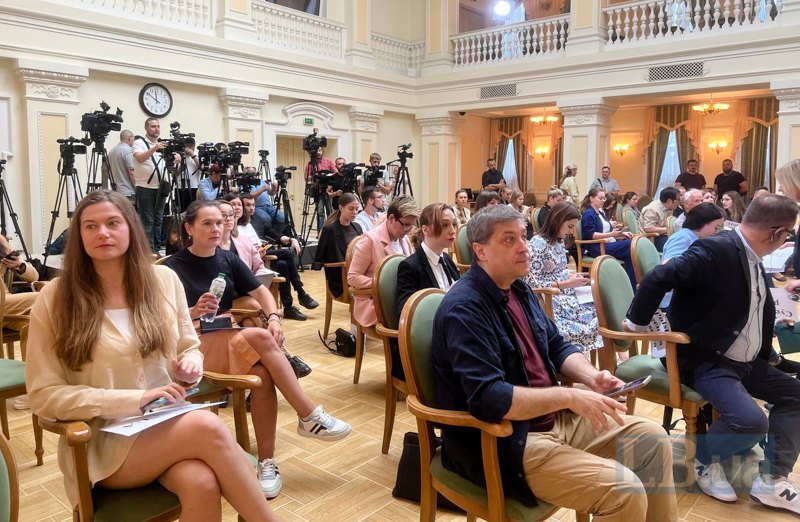
When such narratives come from high-level officials, journalists face a dilemma. On the one hand, they must report on what these officials say. On the other hand, merely repeating their statements contributes to spreading the narrative.
That’s why it is crucial to provide context both before and after reporting such statements. Journalists should clarify: “This was said by a person with the following interests, in the following context.” When a statement is published, it should come with background and an explanation.
However, the challenge with social media and breaking news (something I know very well) is that information is often compressed. A well-researched analysis may be reduced to just one fragment when shared online.
The best approach is to respond as quickly as possible: “Here’s what was said, here’s why it’s problematic, here’s who said it, and here’s their motivation.” People appreciate this. They feel informed and engaged when they receive not just the statement itself but also an explanation of its implications.
Continuing with the topic of strategic narratives—let me recall Timothy Snyder’s speech at the UN Security Council, where he provided a comprehensive analysis of Russian claims about so-called “Russophobia”. Snyder argued that this narrative is being instrumentalised as a means of justifying the killing of Ukrainians. I believe that collaboration with academic scholars could be very helpful in countering strategic narratives. A distorted understanding of Russia and a lack of knowledge about Eastern Europe are common worldwide, and this ignorance forms the basis for many information threats.
Yes, academic collaboration is a great idea—but we also need broader cooperation. Journalists often work under severe time constraints, while academics conduct in-depth research over long periods. However, two key obstacles remain: language barriers and a lack of international cooperation.
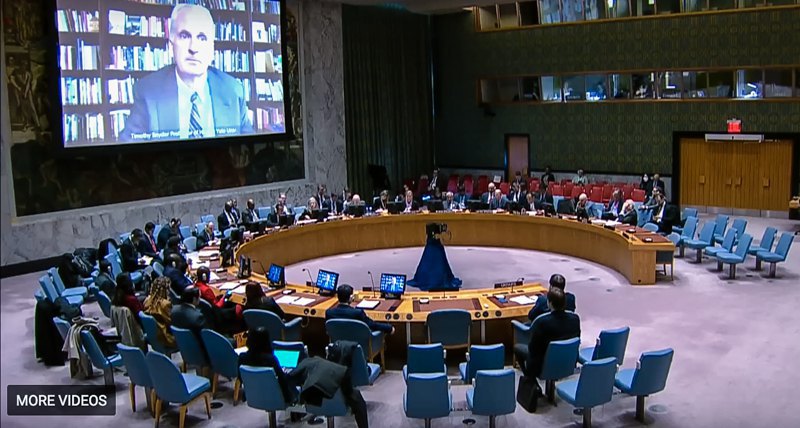
In the U.S., for example, there is a strong focus on Russian interference, but much of the research is centred on its impact within the U.S. itself. Yet Russian propaganda follows similar patterns across different countries. There is much to learn from the war in Ukraine.
American scholars studying Russian interference in the U.S. could benefit from conversations with their Eastern European colleagues. In many cases, local expertise is not found in universities but in think tanks and among journalists. Some universities in Georgia, Ukraine, and other countries may have relevant expertise, but much of the specialised knowledge is concentrated elsewhere.
In 2016, when Russia attempted to influence the U.S. election, it seemed like a new phenomenon in the United States. But for those studying these issues globally, it was surprising—because Russia had been using similar tactics in France and Eastern Europe for years.
That’s why academic collaboration is so important. To structure my answer: there could be institutional grants focused on education or practical work, potentially involving journalists. This would be highly beneficial.
In Ukraine, we are facing attacks on critical infrastructure, particularly energy infrastructure, accompanied by disinformation campaigns aimed at influencing decision-making. How would you describe this phenomenon?
This is yet another tactic within a well-known strategy. Russia aims to undermine democracies by eroding public trust in institutions and authorities.
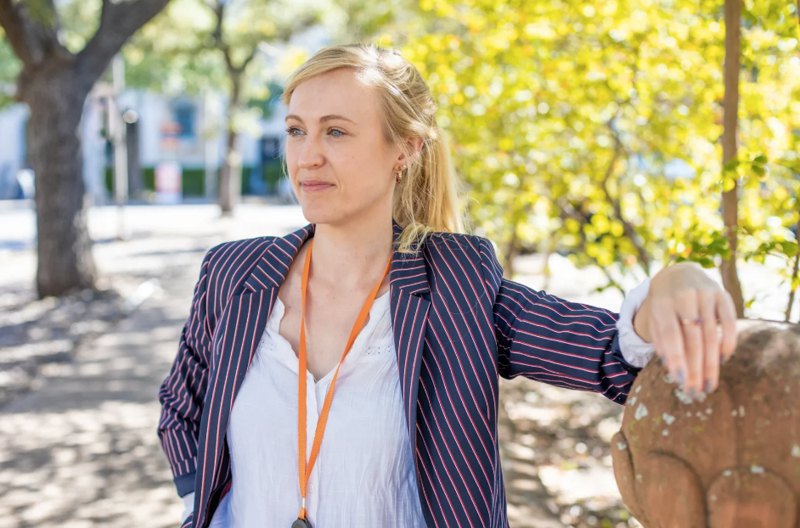
This strategy operates on two levels:
- Ideology, identity, and sentiment. If people feel that democracy favours other groups over them—that they belong to a minority that is constantly oppressed—this fosters resentment. Russian propaganda exploits such emotions, embedding them into long-term narratives.
- Practical disinformation.This approach makes people believe their government is dysfunctional and that an alternative system—one resembling Russia’s autocracy—would be more effective.
The attacks on Ukraine’s critical infrastructure fit into this second category. The goal is to create a perception that the state is failing.
We’ve seen similar tactics in the U.S. during elections. Russian operatives spread misleading claims, such as telling people they could only vote with a passport, that government IDs were no longer valid, or that polling stations had been moved. These falsehoods sow confusion and undermine trust in democratic processes.
What recommendations would you give to Ukrainian civil society, security services, and businesses?
First and foremost, believe in your country—despite everything they say. Despite the constant claims that Ukraine is doomed or at a historical turning point, maintaining faith in the country’s future is crucial.
I hope that the lessons of war will shape the future. When crises occur, security services should share insights with the public, and journalists should work together to communicate these lessons. Collaboration is essential.
At the same time, we must acknowledge that there is no time to step back and rethink strategy from the ground up. While the war continues, we must focus on real-time cooperation. Government agencies, intelligence services, and journalists must maintain their morale and continue their work.
When the war ends—with Ukraine remaining a sovereign and independent state—there must be a national-level effort to reflect on and learn from these experiences. Only then can we fully assess the lessons of this war and prepare for the future.








